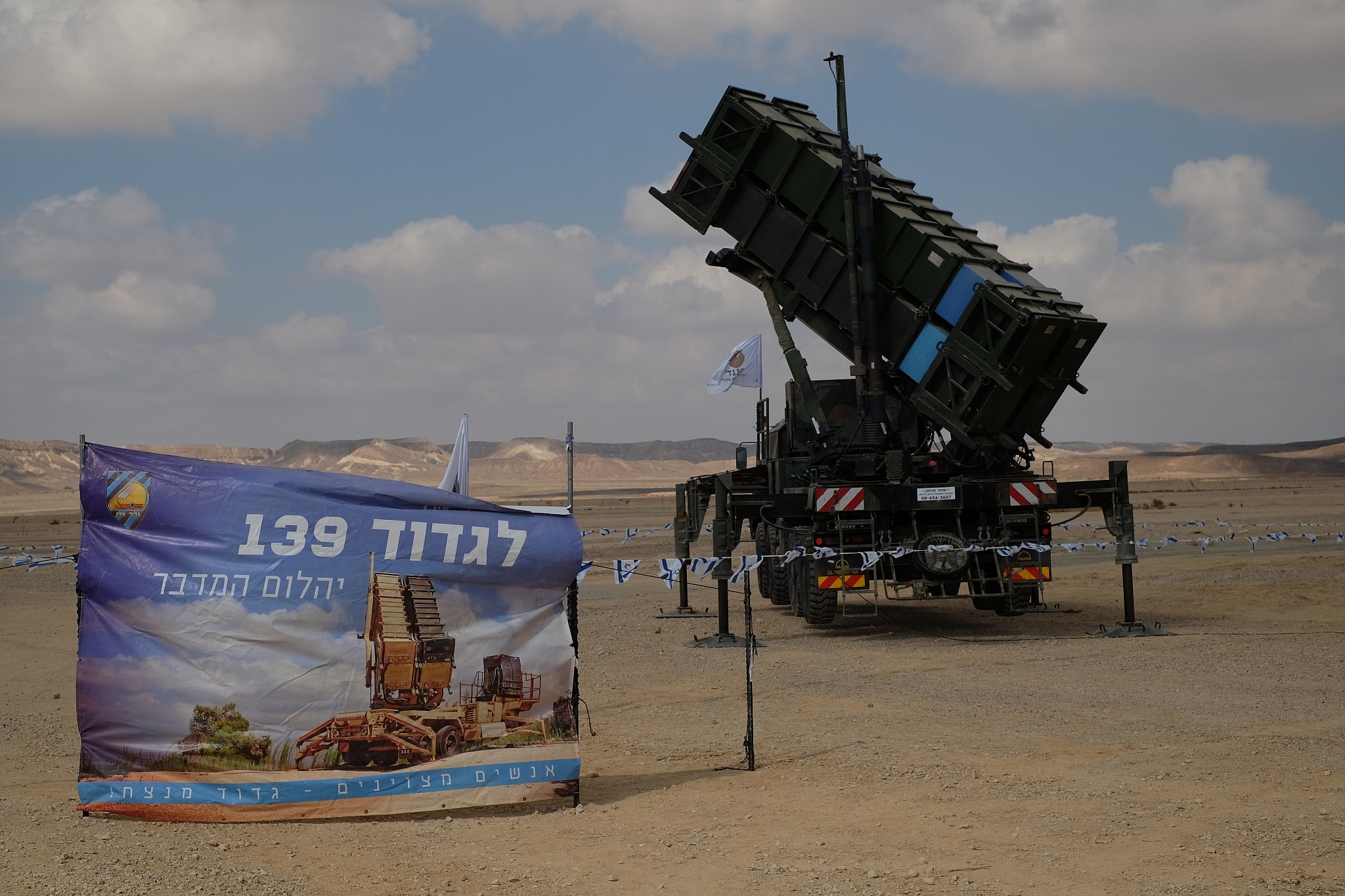
The strike on Hodeidah, a crucial port for the Houthi rebels, has intensified the already volatile situation in Yemen. The Houthis, a faction engaged in a protracted conflict against the internationally recognized Yemeni government and its allies, have increasingly demonstrated their capability to strike beyond their borders. This recent attack highlights their growing reach and the regional implications of the ongoing conflict.
Eilat, located near Israel's southern border with Egypt, has previously been a target for cross-border attacks. The city's strategic location and its proximity to key maritime routes make it a potential flashpoint in the region. The activation of air raid sirens indicates a heightened security alert, underscoring the risks associated with the conflict's spillover.
The escalation of hostilities in Yemen has drawn international concern, with many viewing the conflict as a complex proxy war involving regional powers. The Houthis have been backed by Iran, while the Saudi-led coalition, which includes the UAE and other Gulf states, supports the Yemeni government. This complex web of alliances and enmities has contributed to the conflict's persistence and the difficulty of achieving a lasting resolution.
Recent developments have seen a marked increase in the use of drone and missile technology by the Houthis. This has raised alarms about the potential for further attacks targeting not only regional but also international interests. The attack on Hodeidah exemplifies the Houthis' ability to disrupt maritime traffic and threaten key infrastructure, which could have broader economic and strategic consequences.
Israel's response to the heightened threat from Yemen is reflective of its broader security posture in the region. The country's defense apparatus is known for its vigilance and preparedness in the face of potential threats. The alert in Eilat underscores the importance of maintaining robust defense systems capable of addressing a wide range of security challenges.
In addition to the immediate security implications, the situation also has significant diplomatic and strategic dimensions. The international community, including major powers and regional stakeholders, faces the challenge of navigating the complexities of the Yemen conflict while addressing the broader implications for regional stability. Efforts to mediate and negotiate a peaceful resolution have so far yielded limited success, leaving the region in a state of ongoing uncertainty.
As the situation continues to develop, the focus remains on monitoring the potential for further escalation and the implications for regional security dynamics. The international community's response will likely play a crucial role in shaping the trajectory of the conflict and its broader impact on the Middle East.
Topics
Live News
